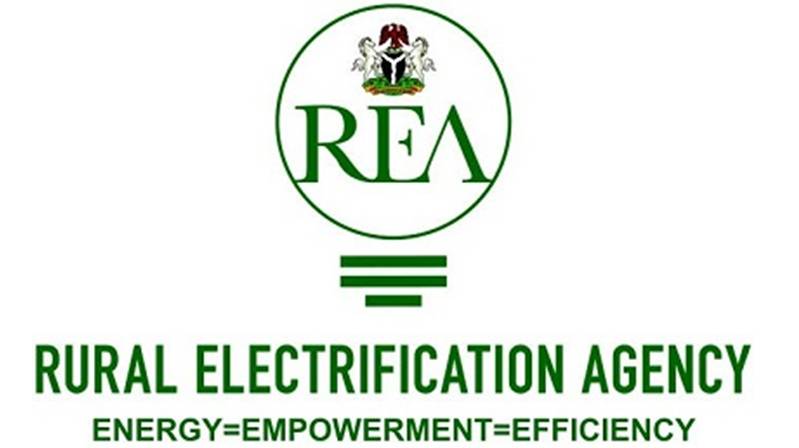Governor of the Central Bank of Nigeria (CBN), Yemi Cardoso, has confirmed that 14 banks have fully met the new capital requirements set under the recent financial regulations. This development is crucial for strengthening the stability of Nigeria’s banking sector and ensuring it can effectively support economic growth.
Enhancing Financial Stability
The announcement regarding the 14 banks comes as part of the CBN’s efforts to enhance financial stability in Nigeria. By raising capital thresholds, the central bank aims to ensure that banks maintain adequate buffers against potential financial shocks. This move is designed to protect depositors’ funds and promote confidence in the banking system.
Yemi Cardoso emphasized that meeting these new capital requirements reflects the resilience of the Nigerian banking sector. The CBN has been proactive in implementing policies that encourage banks to strengthen their financial positions. This approach not only safeguards the economy but also prepares banks to support lending and investment activities more effectively.
The 14 banks that have successfully met the capital thresholds include some of the largest financial institutions in the country. Their compliance demonstrates a commitment to regulatory standards and a readiness to adapt to changing economic conditions. This compliance is essential for maintaining the integrity of the banking system and ensuring it can withstand potential challenges.
Implications for Economic Growth
The confirmation that 14 banks have met the new capital requirements has significant implications for economic growth in Nigeria. With stronger capital bases, these banks will be better positioned to provide loans to businesses and consumers. Increased lending is vital for stimulating economic activity and supporting small and medium-sized enterprises (SMEs).
Cardoso noted that the CBN’s regulatory framework is designed not only to ensure stability but also to foster an environment conducive to growth. By having a robust banking sector, Nigeria can attract foreign investment and boost domestic economic activities. The CBN’s approach aims to create a financial ecosystem where banks can thrive while effectively managing risks.
Additionally, the compliance of these banks with capital requirements sends a positive signal to investors. It demonstrates that the banking sector is well-regulated and capable of meeting international standards. This perception can enhance investor confidence, making Nigeria an attractive destination for foreign capital.
Conclusion – CBN Confirms 14 Banks Meet Capital Requirements
In conclusion, the confirmation by the CBN that 14 banks have met the new capital requirements marks a significant milestone for Nigeria’s banking sector. This development not only strengthens the financial stability of the country but also paves the way for enhanced economic growth. With a resilient banking system in place, Nigeria is better equipped to face future challenges and capitalize on opportunities for development.




